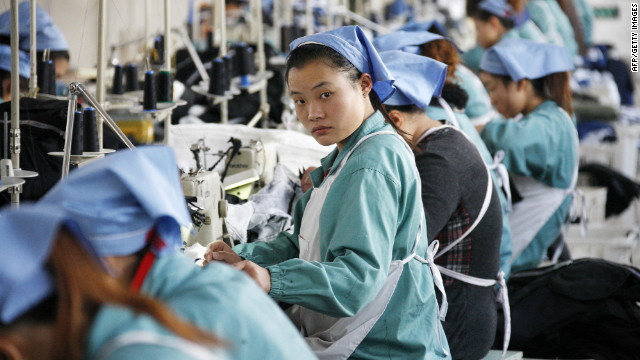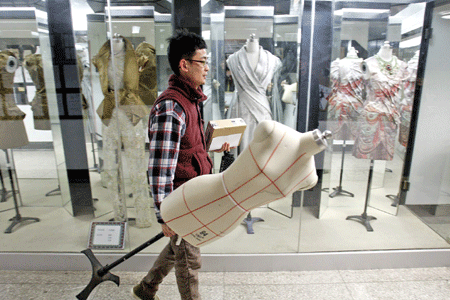|
South Africa-Despite Seardel ¡¯s proposed move to retrench about 1500 staff, the future of the clothing industry remained one of optimism and sustainable growth, Apparel Manufacturers of SA director Johann Baard said yesterday. The sector was dealt a blow yesterday by news that Seardel was looking at the possibility of laying off some of its workers due to constant downward pressure on margins, which has seen the clothing and textile maker post substantial and unsustainable losses. The proposed retrenchments come at a time when the clothing sector is beginning to stabilise after a decade during which at least 50000 jobs have been lost. The proposals could also hamper the government¡¯s drive to breathe new life into the sector, which continues to struggle to compete with cheap Chinese imports. Mr Baard said yesterday that while the proposed retrenchments were "very regrettable", he remained confident about the prospects of the clothing sector at large. "Isolated retrenchments such as these appear to be atypical when viewed against overall developments within the clothing sector," he said. "It must be stressed that close to 600 jobs have already been created under the new entry wage dispensation. Among our membership, nearly double that is envisaged over the next three to six months." In October, textile industry employers concluded a landmark deal with the Southern African Clothing and Textile Workers Union (Sactwu) to offer 30% lower wages to new employees, in an innovative bid to boost employment. The government late last year also announced measures intended to boost job creation in the sector. Mr Baard also said the government¡¯s support measures, such as the Production Incentive Scheme, had made significant contributions towards the stabilisation of the sector over the past 18 months. Seardel CE Stuart Queen said yesterday the proposed retrenchments would affect all levels of employees from senior management down. "However, these changes are subject to the formal consultation process in terms of section 189 of the Labour Relations Act and we are hopeful that through this process we may be able to minimise the number of people affected." He said without the government¡¯s assistance, the industry would have been in a far more precarious situation. "Although efforts are being made to curb illegal imports, this remains the single (biggest) threat to the local manufacturers and requires more focused attention." |
|
South Africa: Textile industry ¡®optimistic¡¯ despite looming job cuts
Updated: 2012-2-8 Source: CTEI

Recommended News
Photo Gallery
Most Popular



